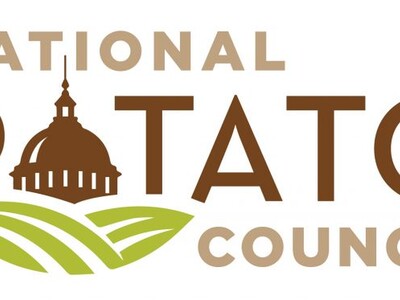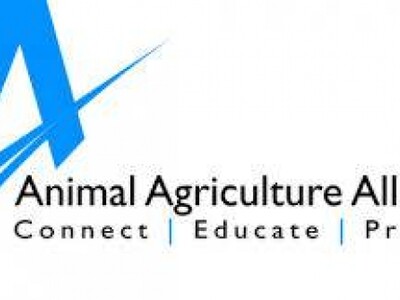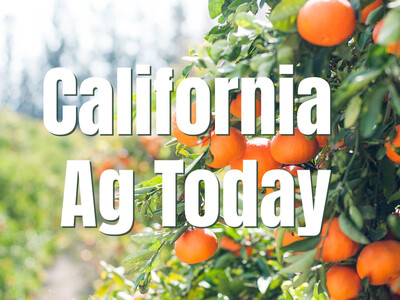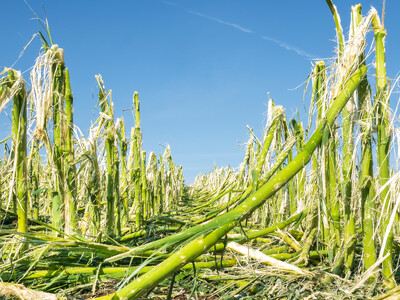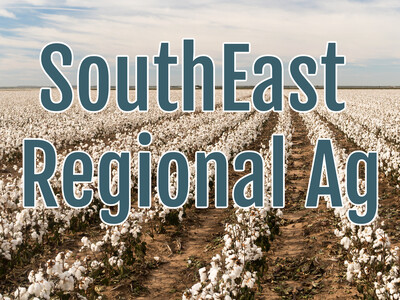Biofuel Crops, Water, and Funding
With the increased production of biofuel crops comes the need for additional irrigation water. That’s where House Bill 2192 and Senate Bill 6028 come in to play. Both bills are largely supported by legislators in Olympia because they would help alleviate competition between biofuel crops and food crops by allowing farmers to receive additional irrigation water from the Columbia river main stem or the lower Snake river main stem to grow biofuel crops and organic crops within the Columbia Basin area.
The USDA is requesting applications for renewable energy and energy efficiency projects. Funding is available to assist rural farmers, ranchers and business owners with such projects through the USDA’s Rural Energy for America Program. Dallas Tonsager, Agriculture Under Secretary for Rural Development talks about the possibilities for biofuel production in the Pacific Northwest.
TONSAGER: I think in the Northwest the huge opportunity is jet fuels. There are some oil seeds and some other products that specifically lend themselves to the making of those kinds of biofuels. It makes a lot of sense because of geographically the assets you have there.
The second annual Oilseed Crop production workshop is scheduled for today at the Odessa Community Center in Odessa and again at the Hill Ray Plaza in Colfax January 26th. One of the featured presenters will be Mike Stamm, a canola breeder in the Agronomy Department at Kansas State University. His breeding program addresses many of the same agronomic challenges and opportunities Washington producers face such as stand establishment and winter hardiness, herbicide resistance and varieties tailored to dual-purpose use.
I’m Lacy Gray and that’s Washington Ag Today on the Northwest Ag Information Network.




